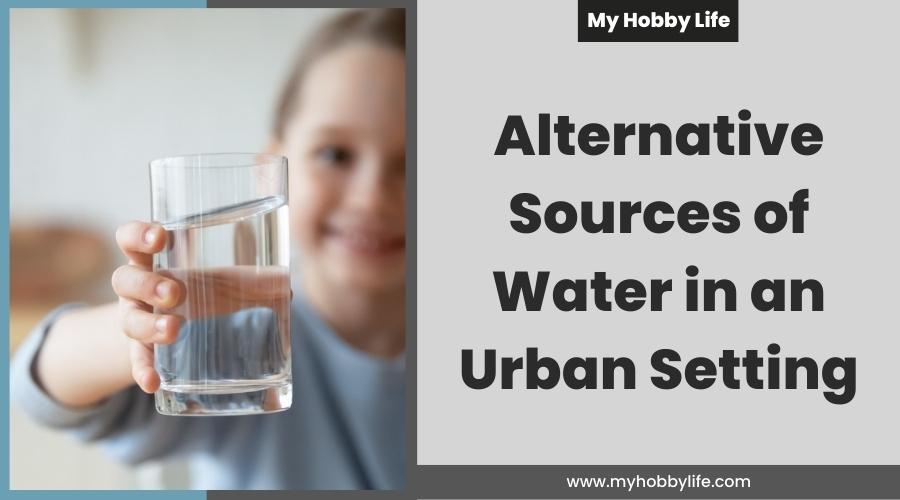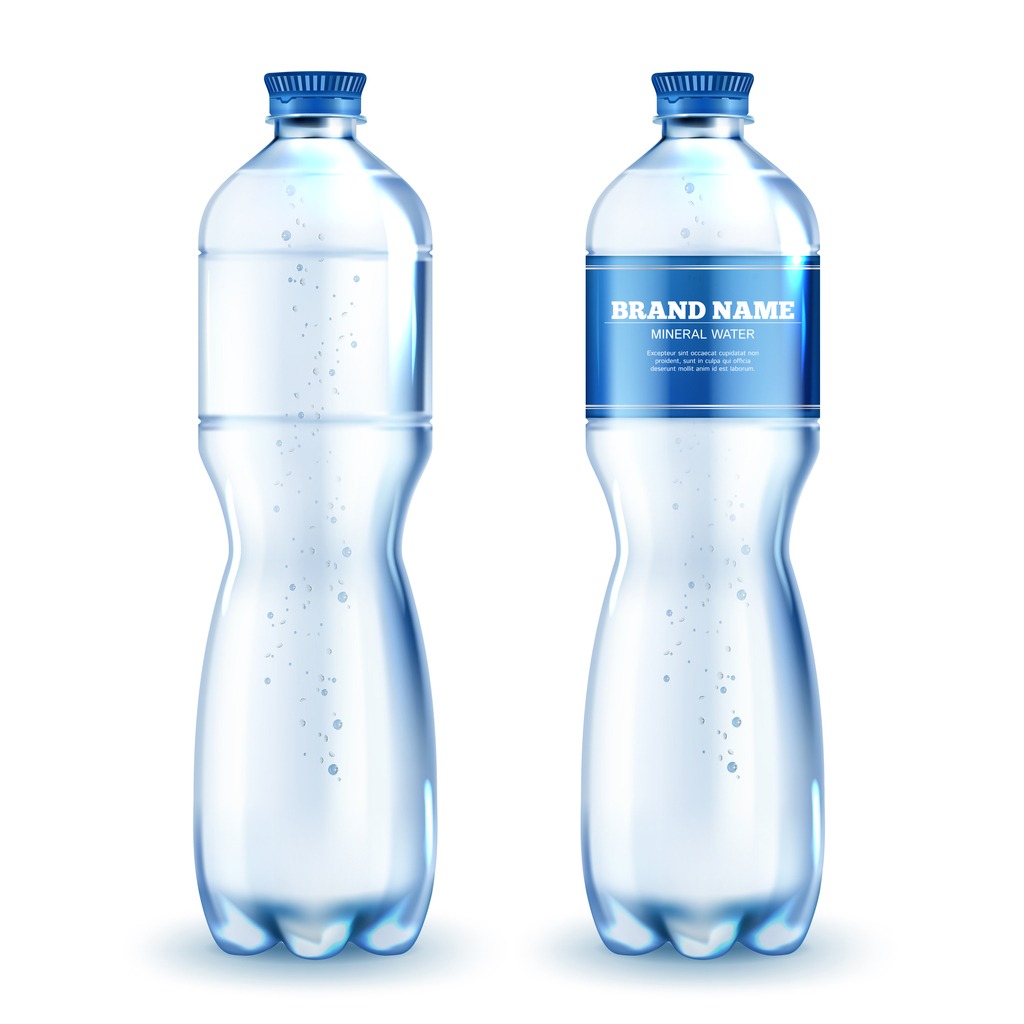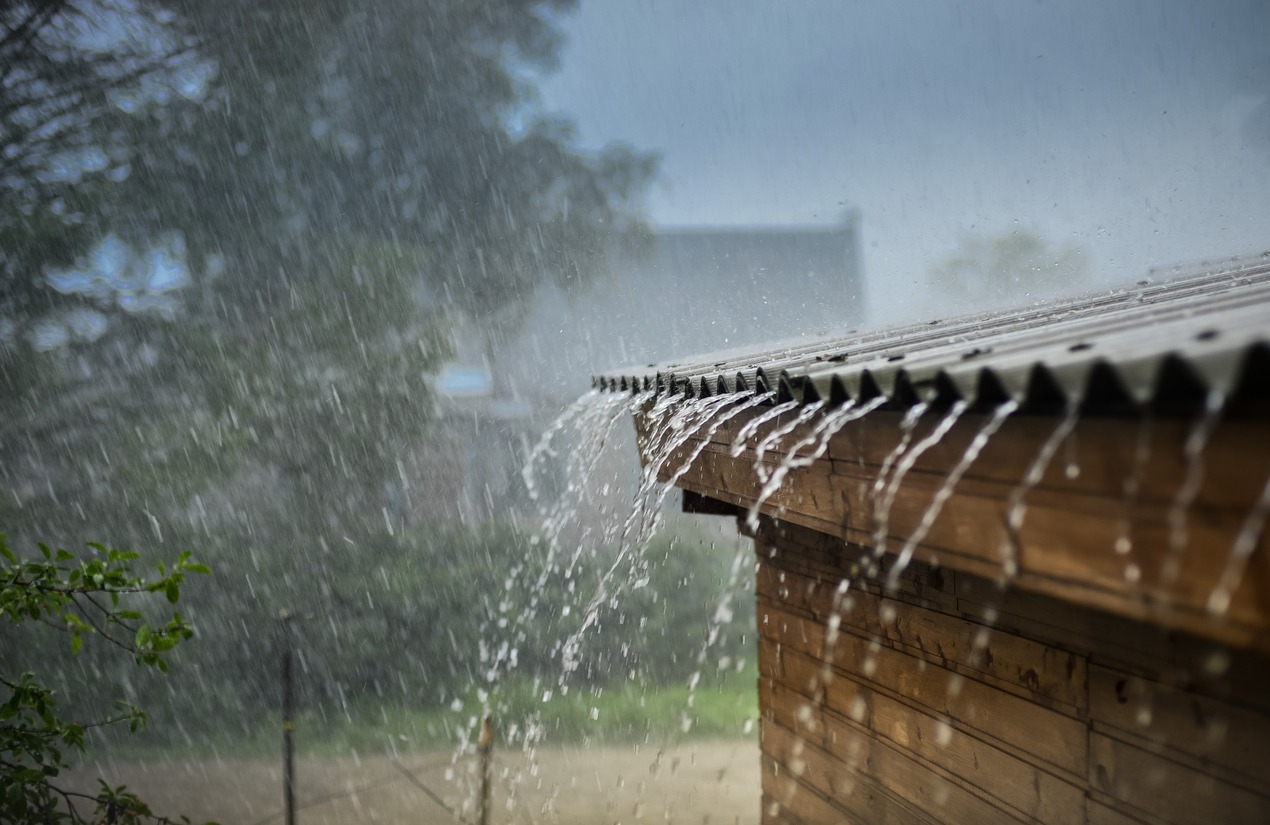Water is unquestionably a vital resource that you and your family need to exist. If you want to survive, water is more important than food. Safe drinking water supply disruptions can be brought on by a variety of factors. Water is an essential requirement for survival. The security of your drinking water may be impacted by a variety of emergencies. Your drinking water supply may be cut off suddenly by severe weather emergencies including ice storms, hurricanes, tornadoes, and floods.
Possible Sources of Water
The most secure source of water in an emergency is always water that has been stored. However, many people might find it impractical to store a lot of water.
1. Inside Your Home
Bottled Water
A great source of water is water that has been commercially packaged. It is tidy, transportable, and convenient to store. Our bottled water keeps for years when kept in a cold basement storage area. Heat speeds up the plastic’s leaching into the water, giving it a poor odor and flavor, thus bottled water kept in a hot car or garage needs to be periodically rotated. Make careful to get higher-quality bottled water in thicker plastic if you intend to store the bottles. If you want to rotate through your supply in a year, the thinner plastic water bottles are acceptable. Keep bottled water on hand in your pantry in case of emergency.
Melted Ice Cubes
There is often ice in freezers. Once melted, it could be a valuable supply of water. Place the ice in a clean container to melt when the electricity goes off and save the priceless water. To assist the other foods to stay colder for longer and keep the water from being wasted, you can place the container back in the freezer.
Canned Fruits and Vegetables
Other sources can be supplemented with canned fruits and vegetables, broths, and ready-to-serve soups. Don’t throw away the drained liquid; it can be consumed and used in place of water while cooking. You can add canned fruit liquid to your oatmeal or pancake batter. Use the vegetable liquid to boil noodles or try adding it to condensed soups. Avoid wasting any water and be inventive.
Household Pipes
In a multi-level residence, water still in the pipes may be collected by gravity flow even after the main supply to the house has been shut off. By turning on your home’s highest-level faucet, you can bring air into the plumbing and collect the water in your pipes. There will be a tiny trickle of water. The lowest faucet in the home is then used to collect clean drinking water.
Stored Beverages
You can meet some of your daily water needs by drinking beverages including fruit juices, pouch drinks, vegetable juices, sports drinks, milk cartons, and canned milk. The standards for drinking water are not met by carbonated beverages. Beer and other alcoholic beverages dry the body, which increases the need for more water consumption.
Toilet Flush Tank
Water from your home’s toilet tank (rather than the bowl), if it’s clear and hasn’t been chemically treated with toilet cleansers that affect the color of the water. The water in the flush tank may be safe to drink if it has not been chemically treated. Depending on the capacity of the tank, there might be 3-5 gallons.
Water Heater
A suitable supply of water is a water heater or a hot-water tank. Depending on its size, it may contain 20-50 gallons of clean drinking water for emergency usage. You may wish to protect your home’s water supply by turning off the main water valve as soon as an occurrence happens. Because water heaters differ, we recommend that you become acquainted with yours. Our water heaters use natural gas and may differ somewhat from yours. Make sure you practice so you know how to do it and have the necessary tools to get to your water when you need it.
2. Sources of Emergency Water Near Your Home
Rainwater
Rainwater is normally pure when it descends from the sky. Using existing rain gutters, an improvised rainwater collecting system can be readily constructed. A rain barrel could be a great investment to help ease the procedure. Collect the rainwater in clean containers. If the water comes into contact with the ground or other dirty surfaces, it should be considered contaminated.
Pool Water
Swimming pools and hot tubs are fantastic places to get clean water. The chemicals or salts in the water cannot be removed by boiling. Pool water, on the other hand, is not safe to drink. If pool water is your best alternative, it must be cleansed by eliminating the chemicals from the water. Distillation is the most effective method for making swimming pool water safe to consume. Keep in mind that not all filters will remove pollutants from the water such as chlorine and salt. If you plan to use your swimming pool water as a backup source of drinking water, make sure you get a water filter that can remove chlorine and other pollutants. A high-quality filter or distiller is an excellent investment.
Plant Transpiration
You might be shocked to learn that you can extract water from plants by placing a plastic bag over a living bush or tree branch in a sunny location. Water will begin to condense on the bag’s sides in as little as an hour. After 4-5 hours, you should be able to collect 1/3-1/2 cups of water. Take care when extracting water from plants, as some may contain poisons. Another excellent reason to have plastic bags in your storage. Water collection via plant transpiration is a long process for a tiny amount of water recovered. However, this tiny piece of information could come in handy eventually.
Vending Machines
If there is one thing you can bet on during a great crisis, it is that all typical businesses, shops, and grocers will quickly run out of product. Whether purchased in advance by concerned consumers, devoured in the aftermath by opportunistic looters, or appropriated by desperate survivors, the shelves will empty with startling speed and will not be replenished. This means that the coveted bottled water will vanish seemingly overnight.
There is, nevertheless, a fair probability of obtaining pure, clean drinking water from a vending machine. People will quickly remember to check these machines for bottled water and other beverages, but if you act quickly and look in an out-of-the-way location for a rarely used machine, you may discover a few bottles. Insert your change and receive your drink if the electricity is on. If the power goes out, you’ll have to get inventive and a little vandalistic, so only do this if you need to. Most heavy-duty crying or demolition tools can easily break into these devices.
No matter how much water you have stored, you must always be prepared to source more, and it pays to be familiar with a range of natural and man-made sources where you might receive your next sip. You must never run out of drinking water, no matter what the situation or how well-prepared you are.


